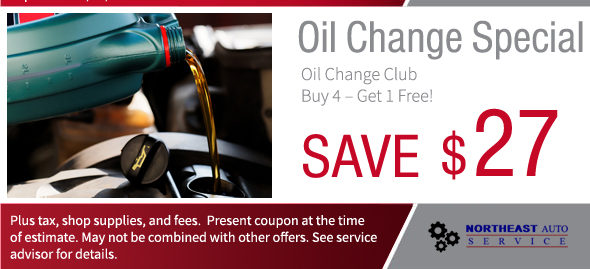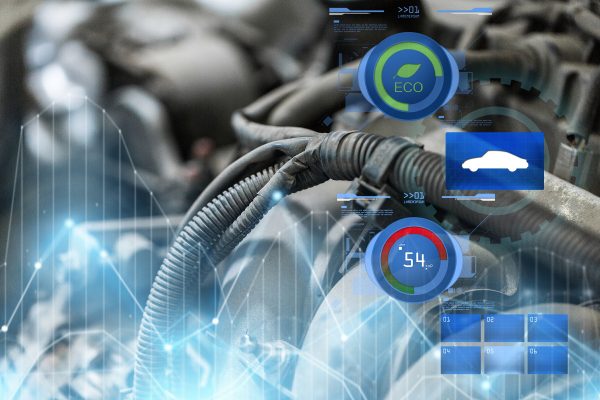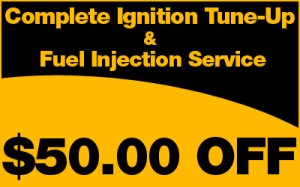Whether you are 16 years old and brand new to independent driving, or a first-time new car owner, your top priority should be safe driving. But there is more to being a safe driver other than skill and knowledge; it is equally important to know how to take good care of your vehicle and stay on top of routine maintenance. This ensures optimal performance and efficiency, which in turn supports safer driving. As a newbie to automotive responsibility, it is strongly encouraged to review and understand the basics of car care, and then keep up with your vehicle’s factory scheduled services.
Continue below to learn some fundamental car care tips for new car owners.

The Importance of Routine Car Care
If you want to be the safest driver you can possibly be, then you will need to add routine car maintenance to your list of priorities. Regular car care allows your vehicle to perform its best and last much longer. Routine and proper car care can also reduce the frequency or likelihood of mechanic expenses for costly breakdowns and auto part replacements.
Although the detailed factory scheduled maintenance checklist varies depending on the type of driver you are and your car’s make and model, there are a few basic services and needs that all car owners will need to implement in order to maintain a safe and reliable vehicle. From fluid changes and radiator flushes to tune-ups, wiper replacements, and more, you can be a better driver if you take good care of your car.
Recommended Automotive Services for All Car Owners
► Fluid Changes
Your car uses several fluids, seven in fact. They all need to be swapped out or refilled regularly for optimal performance and longevity. These include motor oil, radiator fluid (coolant, transmission fluid, brake fluid, power steering fluid, battery fluid (usually just water), and windshield wiper fluid. Refer to your owners’ manual, or look it up online, to see how often all of these need to be replaced. As for wiper fluid, you can often detect the need for a refill yourself. As for oil changes, the average recommendation is every 3,000 to 5,000 miles, but this can vary depending on how often you drive and other factors.
► Battery Service
You can expect to have your car battery replaced every 7,500 miles or so, which is usually around 48 months. You will likely start to see the signs of a failing battery, such as dimming lights, stalled engine, and sluggish performance. Be sure you always have a set of jumper cables in your trunk so that you can jump start the battery if it dies.
► Tire Care
Your tires are arguably one of the most important exterior features of a car. After all, they make actual contact with the road, while providing traction to keep there, and in control. For this reason, it is important to take good care of your car tires with routine rotation and balancing, as well as regular tire pressure inspections and air refills. Try to have your tires serviced every 6 months, or every 7,500 miles.
► Brake Service
Along with your tires, your brakes are also vital automotive components necessary for safety. Be sure to have your brakes checked and serviced every year. A typical automotive brake inspection should include an inspection of all lights, hoses, lines, and electrical components, as well as cleaning, brake fluid replenishment, vehicle alignment, brake pad replacement, brake rotor replacement, and a test drive.
► Engine Inspections and Tune Ups
Along with your routine oil change, your engine will need a basic inspection and a few tweaks, and perhaps even a little cleaning, while it’s in the shop. This level of engine service should be done at least once every year.
► Exterior Car Care
It is also important to keep your car clean. Neglecting to wash your car regularly will subject it to years of piled up residue, which can cause paint erosion, rust, and more. This type of damage will also have a devastating impact on a vehicle’s overall resale value. Of course, it is also recommended to keep the inside of your car clean as much as possible for optimal driving safety.
Does your car need some routine maintenance? Contact Northeast Auto Service at 317-475-1846 for superior, ASE licensed auto repair and service in Indianapolis, Indiana. We service all make and model vehicles.
You Should Also Read:
How to Jump Start a Car Battery
Collective Car Care Tips and Tricks You Need to Know
Car Tire FAQS






